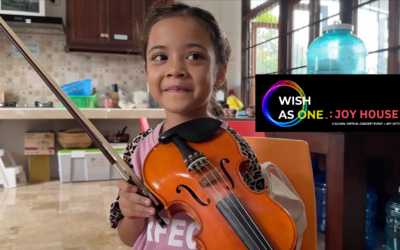If you have a business or want to expand your career, you know that talking to people is a vital skill. Even when someone I *can’t stand* wants to chat? YES, in fact – you need to be able to navigate communication with people you find difficult. And doing that well often looks like this:
One: Try to remain “deeply neutral.” Set aside your filters, of good/bad, right/wrong, and like/dislike. Remember that they are, in fact, liked and loved by other people. You may experience them as seriously “unlikeable” – but remember, that’s your interpretation, and as long as you hang out inside that narrative, you won’t discover anything to appreciate about them. But in your neutrality, you might – gasp! – find things to enjoy about them.
Two: “But Alexa, they’re really terrible.” Okay, okay I get it – you’re not necessarily going to get along with everyone. So set healthy standards and boundaries – limit the length of time for the conversation, or give yourself acceptable excuses to walk away. Start those conversations by letting them know how much time you have to talk for example, or what activities you have to get back to, and stick to those limits.
Three: Have compassion for the other person. Interestingly, the things you often dislike the most about other people are the things you also dislike about yourself. In lieu of going on about the need to accept yourself to have confidence and peace in life (hint: you should really get on that) – I’ll just remind you that other people are often trying their best, no matter how annoying you think they are. And if they’re really difficult, try and have compassion for whatever they’ve been through in life that made them that way. Set aside your judgment, and practice kindness – it always goes a long way.
As the saying goes, people that you dislike help you “be the bigger person.” If you’re not careful, the pettiest and most manipulative behavior could suck you in, and you’ll find yourself doing *your version* of whatever you can’t stand about them. So practice neutrality (rather than being righteous), set healthy boundaries, and practice compassion.
Without these tools, you’ll be stuck with your reaction to the other person, and that won’t provide much. And you don’t *have to* do any of this – but it could open up bridges that were closed before – and at the very least you’ll grow from the practice.




